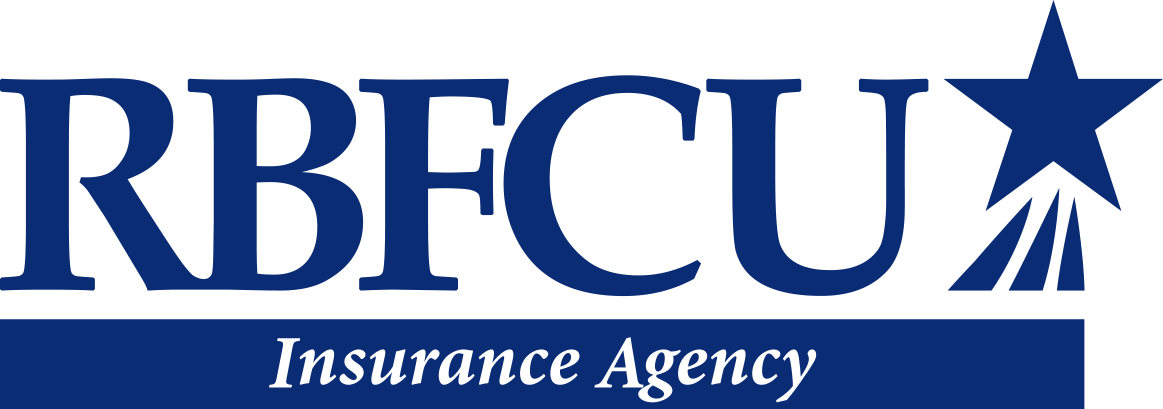How to Spot a Home Improvement Scam
Homeowners facing the task of repairing houses following a storm or natural disaster are particularly susceptible to scams from “fly-by-night” contractors. Yet that’s not the only time that someone might find themselves potentially vulnerable to contractor fraud.

So, how can one spot — and, more importantly, avoid — a home improvement scam? RBFCU Insurance Agency is here to provide you with some helpful tips.
What are the signs of a home improvement scam?
It’s important to know that any contractor’s professional demeanor isn’t a guarantee that they’re reputable. At the same time, an extremely reliable contractor may lack professional polish. In other words, look and listen closely to what is being said when you first encounter someone on your doorstep offering their services following a hail storm, hurricane or other major weather event.
Scammers may:
- Turn up at your doorstep1, unsolicited, because they’re “in the area”
- Pressure you to make a fast decision on a handshake or without a contract
- Insist that you pay upfront, only in cash or dip into your savings
- Ask you to secure any necessary permits on your own
- Dismiss your questions or concerns too quickly
- Reach out to you repeatedly over the phone with high-pressure sales tactics
- Make bold claims about their speed, efficiency
- Boast how their work can dramatically increase your safety, energy savings, security or home value
- Impersonate another well-known or established brand
- Share a phony license or fail to provide one when you ask
- Make an offer that sounds “too good to be true”
- Discourage you from seeking quotes from other providers or input from close family or friends
There may be other things that a prospective contractor says or does that sets off red flags for you personally. In that case, you can choose to either tell them “no” or proceed to carefully vet them.
How can you avoid a home improvement scam?
Although incidents of such scams may increase following a natural disaster, the reality is that scams are running and evolving all the time. That’s why routinely reviewing resources from reliable entities is a good idea, if only to keep you better informed about what you might encounter in your neighborhood.
Local media outlets often publish stories on rising scams, but nationally the Federal Trade Commission (FTC)2 and the Better Business Bureau® (BBB)3 are among the most highly regarded sources for all scams, including those related to homeownership. In Texas, the Office of the Attorney General4 not only educates consumers but also provides a mechanism for filing a consumer complaint online.5
It’s also important to acknowledge that, at some point, someone in your family will encounter a home improvement scam. According to the BBB6, consumers across the U.S. reported combined losses in excess of $1.1 million in such scams, with an average loss of $944 per report. Given that those numbers come from voluntary consumer complaints filed with the BBB, the actual figures are probably much higher.
To help you avoid becoming the victim of a home improvement or storm damage repair scam, the BBB recommends7 these steps to help homeowners spot problems from some contractors or home-service providers:
- Watch out for “red flags”: You could be headed for a bad experience if you:
- Fall for a contractor’s high-pressure sales tactics
- Are expected to agree to a handshake deal with no contract
- Are required to pay the total project costs up front — and in cash
- Request and review carefully a list of references: Scammers don’t want to wait while references are being checked. Even if the contractor is not known for scamming, you can question their level of work if they are reluctant to provide references. The more detail you can obtain, the better.
- Know the law: If your state or municipality requires a contractor or home-service professional to have specific licensing or insurance, confirm that your vendor carries the proper documents or related permits. Once you have those forms, you can double-check with a state insurance board or a municipal office to verify.
Meanwhile, the FTC suggests8 homeowners:
- Read reviews with a critical eye: Rather than relying solely upon one review on a website, look at several.
- Seek multiple estimates: A written estimate should be very detailed, specifying the work to be done, the materials required, the target completion date and the price. Beware of the lowest bid and ask for an explanation if there’s a big difference among the estimates.
- Read any contract carefully to be sure it includes:
- The contractor’s name, contact information and state license number
- An estimated start and completion date
- Previously discussed details regarding the scope of work as well as labor and materials costs
- A written statement of your right to cancel the contract within three business days (if you sign the document at home)9
» Tip: Although it can happen to any adult, elderly individuals may be among the most apt to find themselves take in by a home improvement scam.
The takeaway
When you need or want to have work done on your home, it’s wise to stay aware of the warning signs of scams. Remember, also, to vet all providers thoroughly before agreeing to the work and paying them. While searching for reputable contractors, in addition to reading online reviews, consider talking with friends and family about their experiences. You can also request and verify a contractor’s license, if desired.
Of course, it helps to have the homeowners insurance you need, too. RBFCU Insurance Agency can provide you with a policy review or you can request an online quote today.


